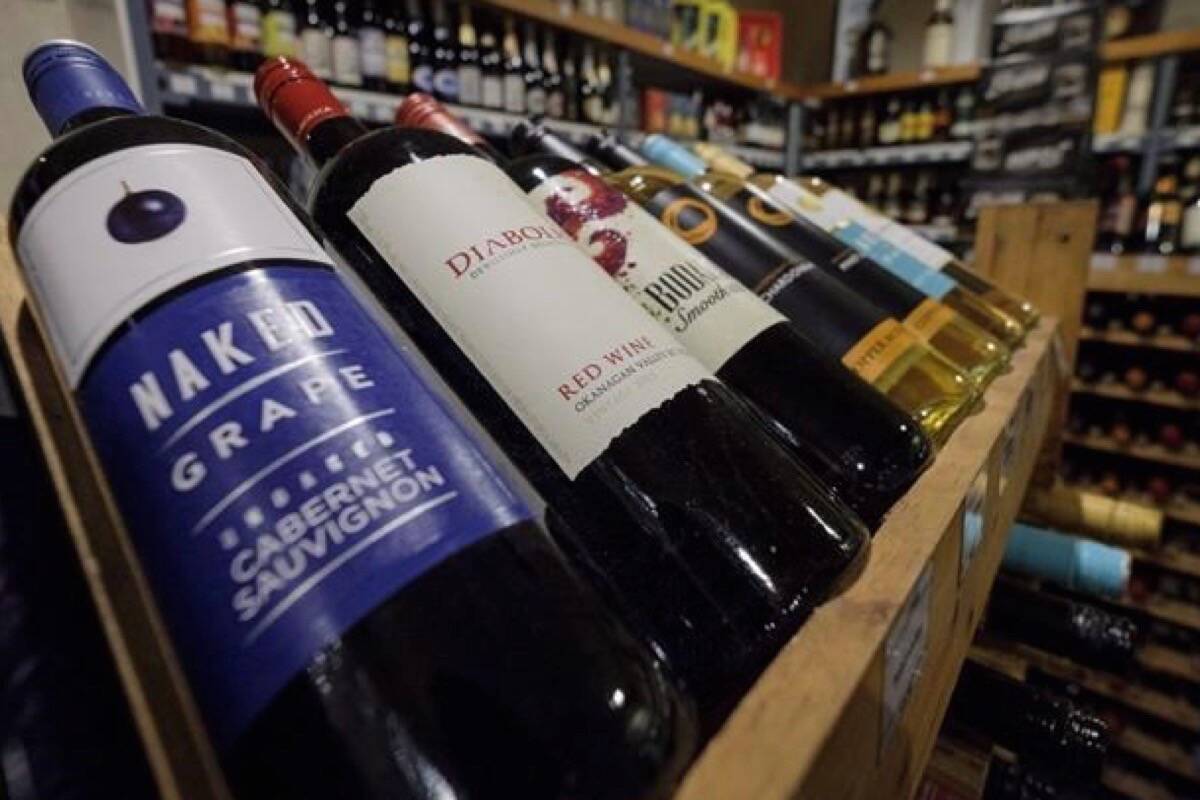B.C.’s wine dispute with Alberta remains corked up as the provincial wine industry faces what one industry leader calls a “perfect storm.”
The dispute dates back to late January 2024 when Alberta Gaming, Liquor and Cannabis told B.C. wineries that it won’t stock their products until they immediately agree to cease direct-to-consumer sales. Since then, nothing has changed, Miles Prodan, president and CEO of Wine Growers British Columbia in an interview with Black Press Media last month.
“We are at a stand-still,” he said. “The embargo against B.C. wine continues to remain in place, unless wineries have agreed…to stop shipping directly to Alberta customers,” he said. “Wines are physically turned back,” he added.
Black Press Media asked the Ministry of Public Safety and Solicitor General for an update and received the same response.
“We have told Alberta the steps they have taken hinders the ability of Albertans to enjoy BC’s wine,” Farnworth said in a statement. “When I spoke to (Service Alberta and Red Tape Reduction Minister Dale Nally), I asked for his staff and our staff to sit down and find a way through this and that is what I look forward to happening.”
The current dispute over is the second of its kind in recent years. Alberta also boycotted B.C. wine in 2018 in response to B.C.’s restrictions on oil shipments.
Prodan, meanwhile, said B.C.’s wine industry faces what he called a “dire” situation against the backdrop of the current dispute with Alberta and the cold snap this winter, which destroyed large swaths of the grape stock.
Based on available projections, anywhere between 97 to 99 per cent of the 2024 vintage will be lost, Prodan said.
“It’s catastrophic,” he said. “We are hoping that we are over-estimating.”
RELATED: B.C. fruit and grape growers get $70M to replant damaged crops
This winter’s cold snap is representative of larger climatic issues facing the industry. A cold snap in 2022 also destroyed more than half of the crops then and 2021 heat dome caused damage as well, Prodan said. Wildfires and external events have also impacted visitor numbers to the Okanagan, he added.
“We are just seeing the perfect storm,” he said.
The provincial government in March announced $70 million for grape and fruit growers to replant stocks. Government has also established a B.C. wine grape sector task force and announced changed designed to enhance the experience of visitors to B.C.’s wineries, breweries, cideries and distilleries.
Industry has welcomed those measures, but not all of their effects will be immediate. Replanting efforts will take three to four years, Prodan said. “So in the interim, wineries need to be kept whole,” he said.
Ultimately, this means relaxing rules so wineries can access grapes from Ontario and Washington State, so that they are able to offer some product this year, he added.
More worrisome is the prospect that B.C.-made wines will become less visible on retail shelves and restaurant tables, with retailers and restaurants turning over those spaces to foreign, often cheaper wines.
“They (retailers, restaurants) need to fill it (demand) and then it is a fight to get it back,” Prodan said.
A spokesperson for the responsible Alberta ministry said Friday afternoon the two sides remain in discussions.

